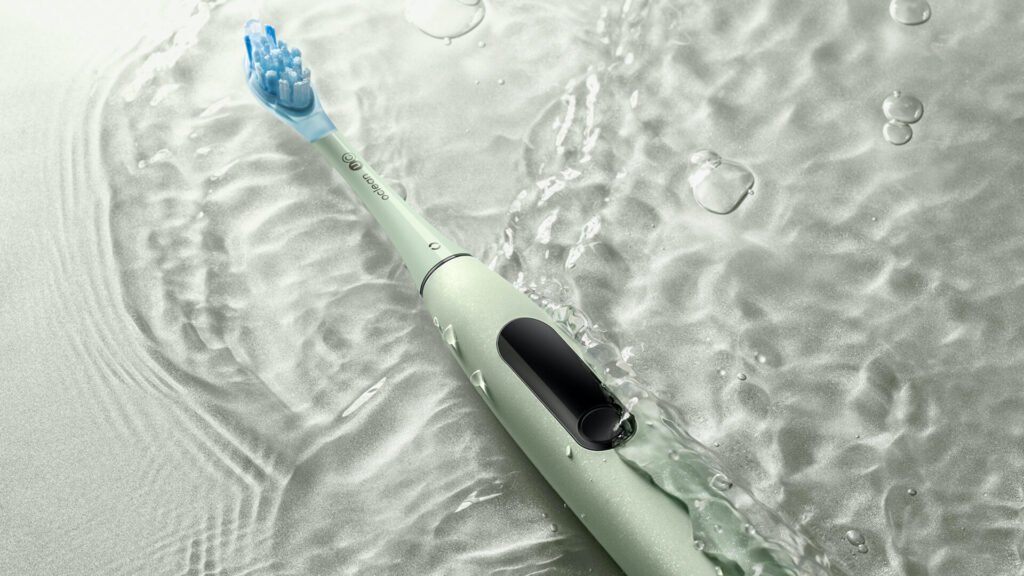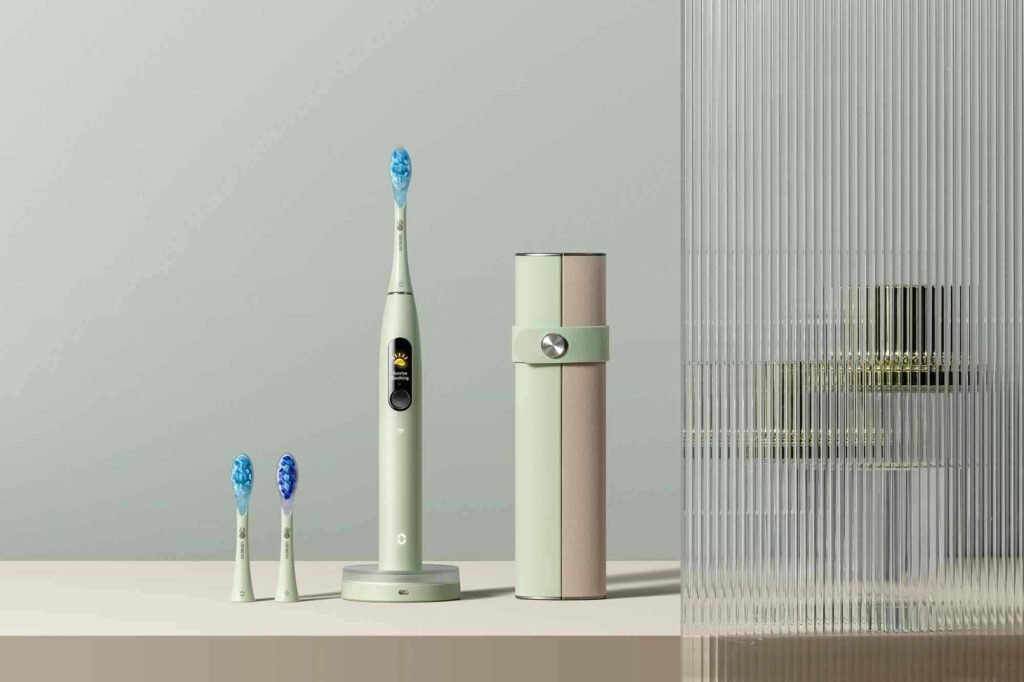The rise of connected devices has brought technology to unexpected corners of the home, and the toothbrush is no exception. What was once a simple personal hygiene tool has evolved, with some brands integrating advanced algorithms and mobile apps to improve the way we brush our teeth. However, this innovation brings new concerns about user privacy.
Since their debut in 2017, the so-called “AI toothbrushes” have gained popularity. Various brands have started marketing these products at high prices, but the scientific evidence supporting the effectiveness of these algorithms for oral health remains limited. Beyond their usefulness, it seems that companies are more interested in data collection through these devices.
Pioneers in AI for dental brushing
Kolibree was the first company to introduce an “AI toothbrush.” Their Ara toothbrush, launched at CES 2017, was marketed as a device that incorporates deep learning algorithms to learn the user’s brushing habits and improve accuracy over time. These data are processed through sensors in the brush and synced with an app via Bluetooth, allowing users to receive personalized advice on their brushing.
Kolibree now licenses its technology to Colgate-branded toothbrushes, whose connected system not only offers information about brushing but also allows users to purchase Colgate products directly from the app. Other brands, such as Procter & Gamble’s (P&G) Oral-B, Philips, and Oclean, have followed this model, offering brushes with Wi-Fi connectivity and companion apps that collect and analyze data in real-time.
Smart toothbrushes: a commercial strategy
Personal care companies are exploring new ways to monetize beyond the sale of traditional products. As Stéphane Bérubé, Chief Marketing Officer of beauty brand L’Oréal, points out, the value lies in offering services rather than just selling products. AI toothbrushes exemplify this trend, using connected apps not only to enhance the user experience but also to gain deeper insights into how consumers use their products.

For example, the Oral-B app not only provides information on brushing habits but also recommends P&G products, increasing sales opportunities. Additionally, P&G has highlighted how AI can help improve product development by providing accurate, real-time data on product usage, surpassing the limitations of traditional methods such as surveys or focus groups.
Privacy concerns
The incorporation of technology into toothbrushes introduces privacy concerns into a product that historically did not pose such risks. The privacy policies of brands like Colgate-Palmolive, Oral-B, Oclean, and Philips state that the apps may collect personal data, which could be used for advertising and shared with third parties. While users can opt out of sharing their data, it is likely that many overlook the importance of reading these policies.
Moreover, some brands collect data directly from the brushes, not just from the apps. For instance, Oral-B collects information from the sensors in their brushes, raising questions about how this information is used and for what purposes.

Real benefits or just a passing trend?
While many people maintain good oral hygiene without the need for advanced technology, this does not mean that these devices cannot offer real benefits. A recent study published in the Journal of Clinical Periodontology suggests that AI toothbrushes could improve oral hygiene by enabling real-time monitoring and advice. However, research on the effectiveness of these devices is still limited.
In the end, while smart toothbrushes may offer useful innovations, consumers must weigh the potential benefits against possible invasions of their privacy and the longevity of the technology they are investing in.
ChatGpt 4o mini Figma Company Blog
